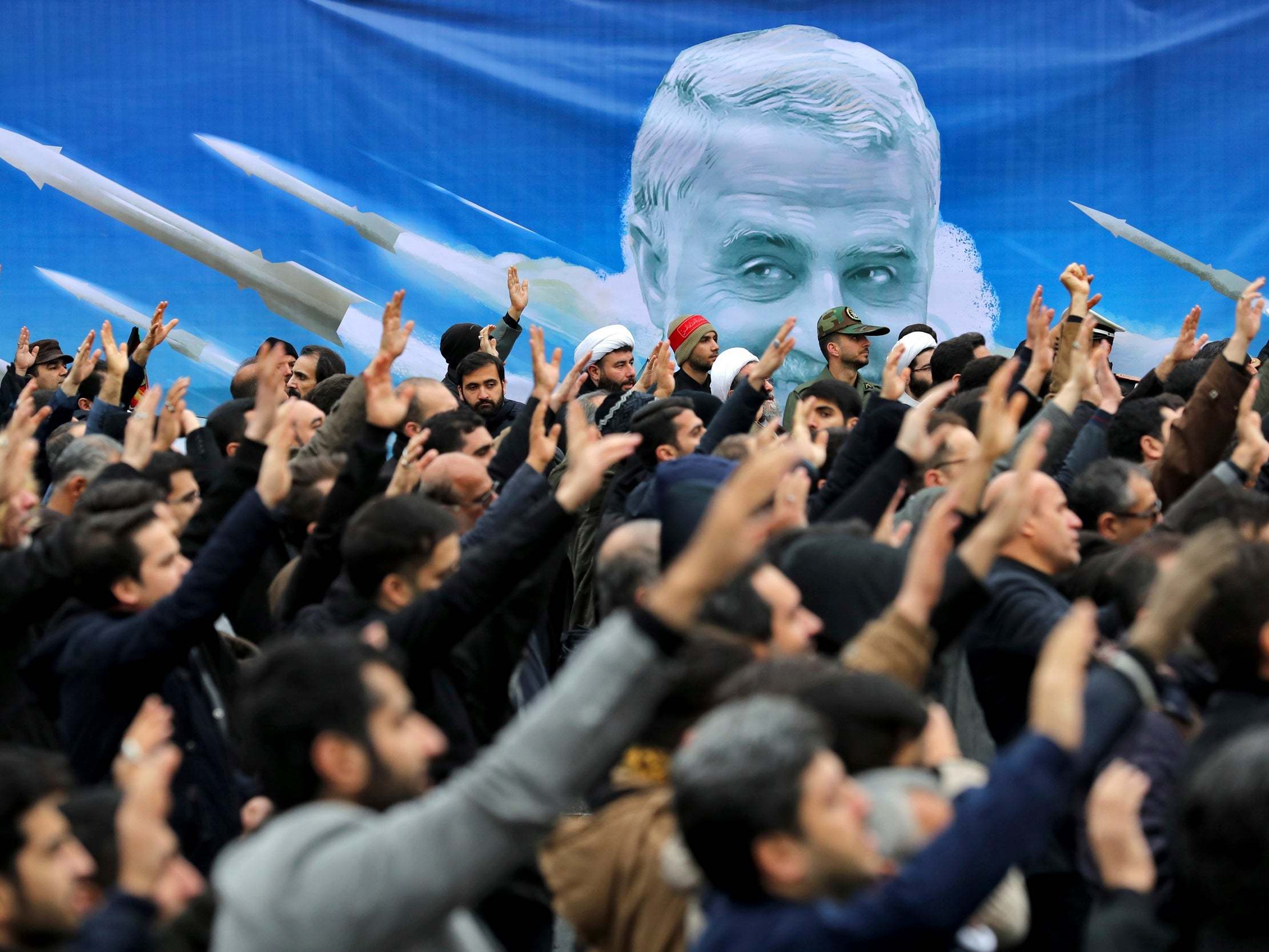The EU’s initial response to the assassination of Qassem Soleimani was surprisingly muted – and this is why
The situation is a great case study of how things work in Brussels – the difficulties the union faces on foreign policy, and why some leaders have been fighting for reform

Brussels takes its Christmas break pretty seriously, and today is the first real day back of 2020. Bonne annee!
If officials and diplomats thought they might get an extended breather after putting the first phase of Brexit to bed, they were wrong: The EU’s institutions have had to hit the ground running because of the situation in Iran and Iraq.
The heightening of tensions in the region is a particular headache for Brussels, because it has been the loudest voice standing by the Iran nuclear deal – the so-called “JCPOA”. The situation is now getting even more complicated, thanks to Donald Trump’s latest move.
The EU’s immediate response in the aftermath of the Qassem Soleimani’s assassination illustrated the difficulties the bloc faces in reacting to foreign policy questions. First out the gate here with a response on Friday as the news broke was Charles Michel, the new European Council president who replaced Donald Tusk in December.
Or was he? Michel managed to issue a statement sounding the alarm on a generic “situation in Iraq” without directly mentioning Soleimani’s killing, or even Iran. The reason for the ambiguity lies behind the way the council works: the president has a remit to speak for member states and broadly aggregate their opinions. Critics of the system say this duty means it’s not always possible for the EU to be decisive on the spur of the moment.
As a result, the EU position has evolved over the coming days as different parts whirred into action: Angela Merkel and Emmanuel Macron and Boris Johnson released their own joint statement outside EU structures, broadly standing by the US and calling for Iran to show restraint, while Josep Borrell, European Commission foreign policy chief, is rolling out the red carpet for Mohammad Javad Zarif, the Iranian foreign minister, and has invited him to Brussels.
That’s not to say there was necessarily anything wrong with the response, or indeed disagreement between member states – people can make up their own minds. But the situation is a great case study of how things work in Brussels, the difficulties the union faces on foreign policy, and why some leaders have been trying to reform the way these things work here.
Yours,
Jon Stone
Europe correspondent
Join our commenting forum
Join thought-provoking conversations, follow other Independent readers and see their replies
Comments